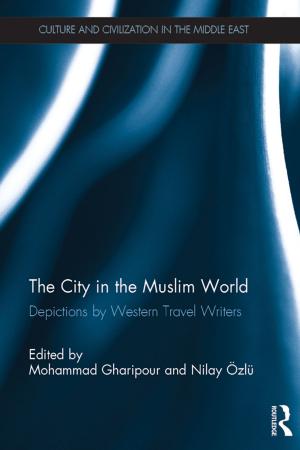Global Capitalism and Transnational Class Formation
Nonfiction, Social & Cultural Studies, Political Science| Author: | ISBN: | 9781317615071 | |
| Publisher: | Taylor and Francis | Publication: | March 17, 2016 |
| Imprint: | Routledge | Language: | English |
| Author: | |
| ISBN: | 9781317615071 |
| Publisher: | Taylor and Francis |
| Publication: | March 17, 2016 |
| Imprint: | Routledge |
| Language: | English |
The global capitalism perspective is a unique research program focused on understanding relatively recent developments in worldwide social, economic, and political practices related to globalization. At its core, it seeks to contextualize the rearticulation of nation-states and broad geographic regions into highly interdependent networks of production and distribution, and in so doing explain consequent changes in social relations within and between countries in the contemporary era. The present volume contributes to this effort by focusing on social class formation across borders via the processes and actors that make globalized capitalism possible.
The essays presented here offer a wide range of emphases in terms of the particular lenses and evidence they use. They cover such topics as the emergence of a transnational capitalist class-based fascist regime responding to the structural crises of global capitalism as well as the links between global class formation and the US racial project as it relates to electoral politics and demographic changes in the US South.
This book was published as a special issue of Globalizations.
The global capitalism perspective is a unique research program focused on understanding relatively recent developments in worldwide social, economic, and political practices related to globalization. At its core, it seeks to contextualize the rearticulation of nation-states and broad geographic regions into highly interdependent networks of production and distribution, and in so doing explain consequent changes in social relations within and between countries in the contemporary era. The present volume contributes to this effort by focusing on social class formation across borders via the processes and actors that make globalized capitalism possible.
The essays presented here offer a wide range of emphases in terms of the particular lenses and evidence they use. They cover such topics as the emergence of a transnational capitalist class-based fascist regime responding to the structural crises of global capitalism as well as the links between global class formation and the US racial project as it relates to electoral politics and demographic changes in the US South.
This book was published as a special issue of Globalizations.















